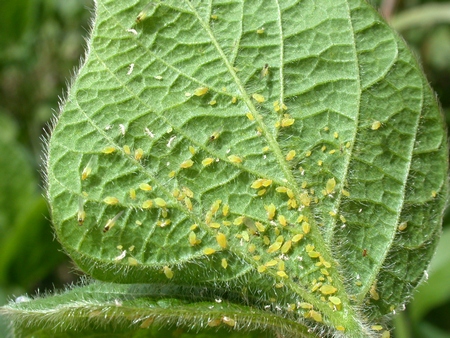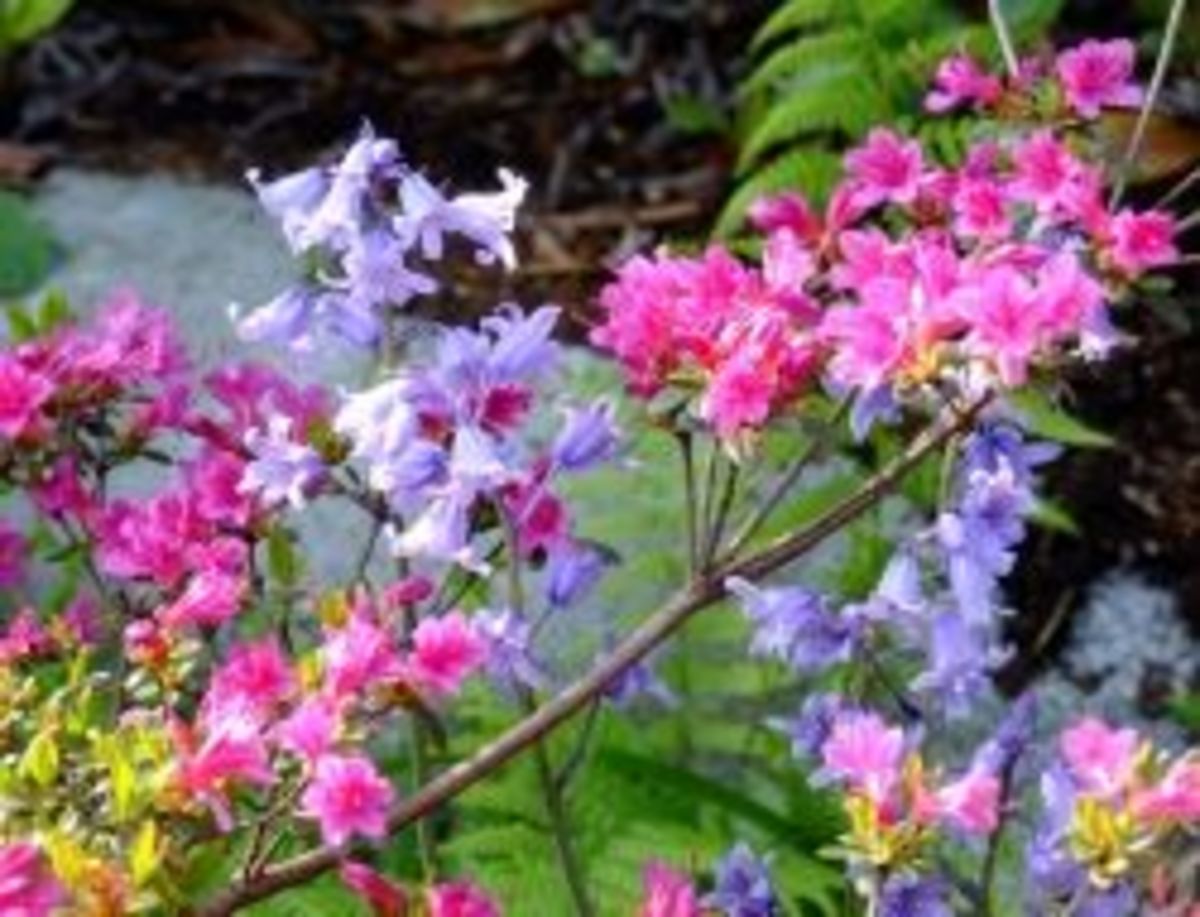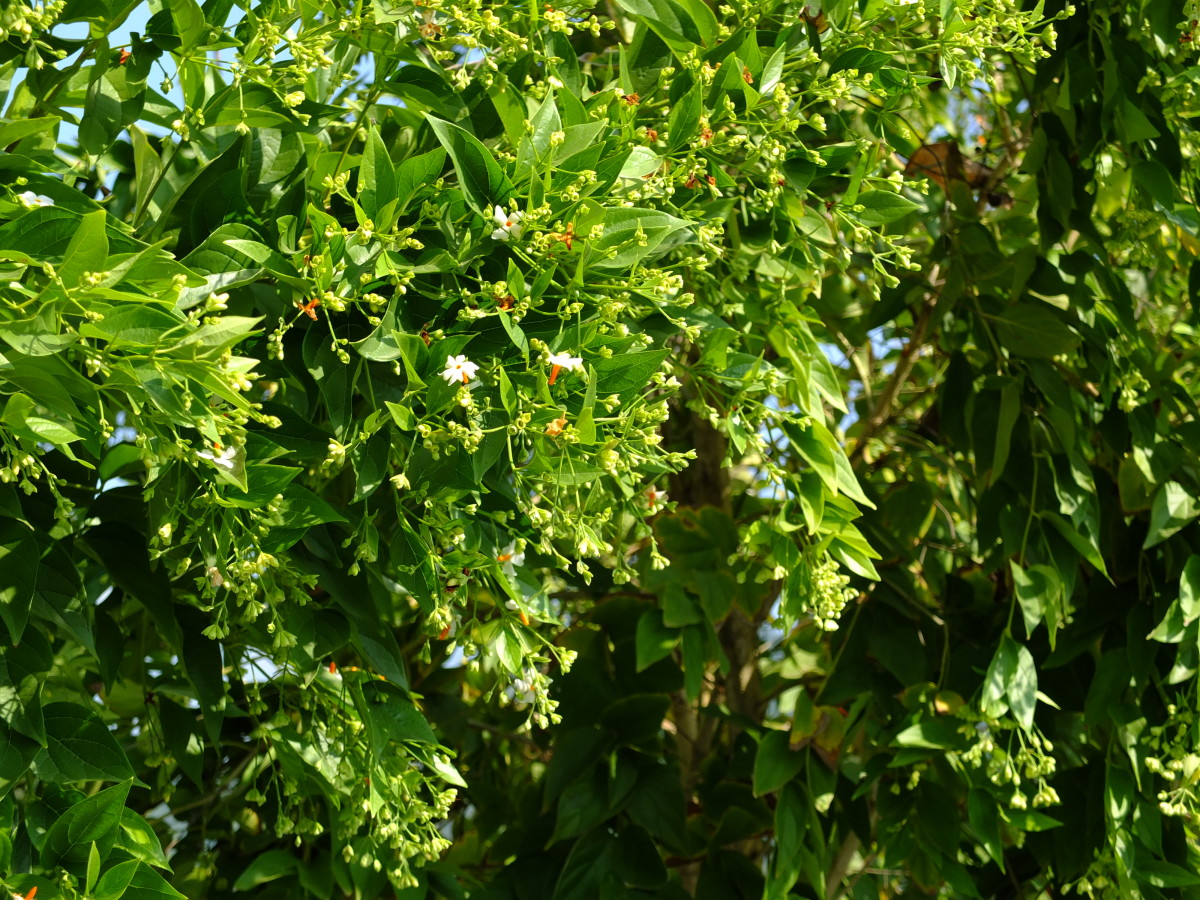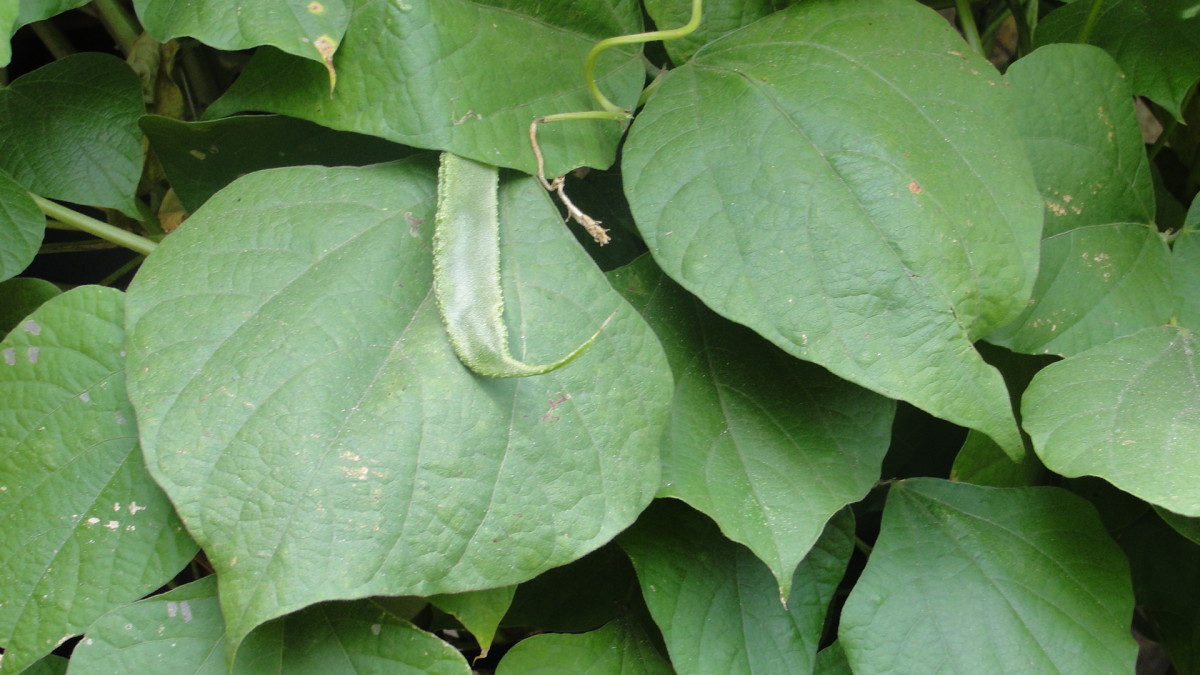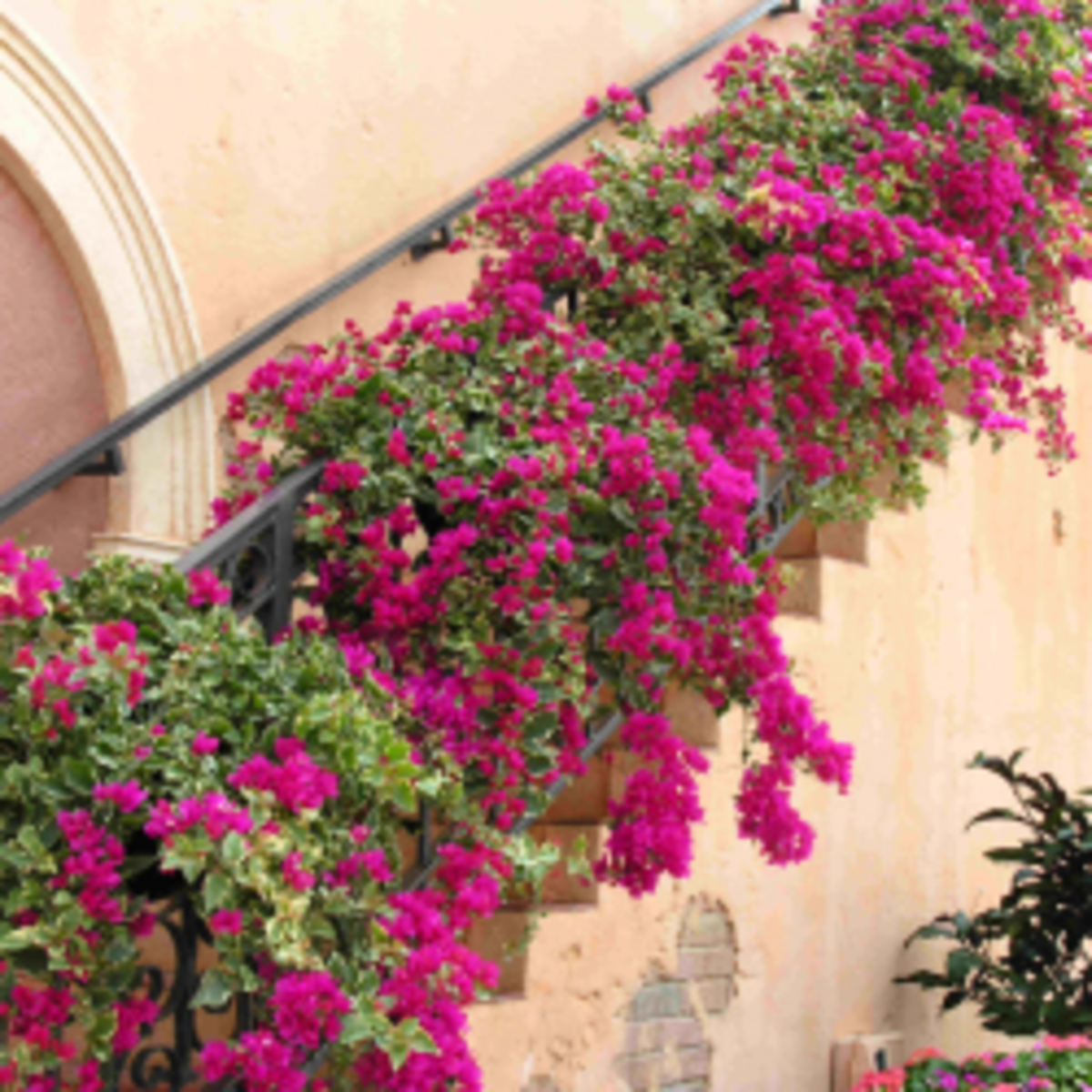The natural defense of the garden
The so-called "bio-defense" is just a modern name, given by researchers and scholars, indicating a very ancient practice, and it means the defense of the plants from pests and various diseases not by the use of chemical compounds (compatible s or not with the environment and still very dangerous) but through the use of products of natural origin, easily available, not harmful and easy to prepare at home.
From my experience, here are some recipes that will save the plants in the garden; it is very important to be able to defend our plants, just in this season, in which insects, especially parasites, begin to proliferate, especially in large cities.
Before the "recipes", I will give a brief definition of the main methods to derive from the plants the active antibacterial, insecticidal, repellent principles.
-Macerated
With this procedure (one of the most used in the prevention and cure of plant diseases) the water is given the opportunity to extract the active ingredients from the plant.The liquid, ideal for the fermentation of all preparations is the rain water (at least not in an area subject to acid rain). It must be choosen a container not made of steel but made of plastic, cement, clay or wood. The container for the fermentation should never be closed tightly, because this process requires ventilation. For this same reason, the macerate must be mixed at least once a day. It requires to leave the the plant used, immersed in water for at least a week, and this preparation can be used after one or two weeks of its preparation, when the liquid became dark and no longer gives rise to foaming.
-Infusion
To make a good infusion, should be avoided to boil the plants. The best thing to do is to pour the necessary boiling water over the gathered herbs and then soak for twenty-four hours.
-Decoction
The herbs should be put in cold water for twenty-four hours. After this time, you must heat the mixture over low heat for 20-30 minutes, depending on the woodiness of the plants used.
-Extract
You must soak the plants in water for three days at room temperature. After this time, you must filter the mixture and use it freely.
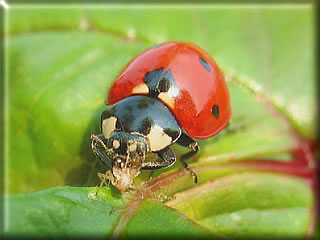
-Garlic & Onion
They are very useful against aphids, mites and the carrot fly.
Preparation: bulbs or leaves. 750 g of bulbs crushed in 100 l of water, or 5 kg of fresh plant (2 kg if the plant is dried). The maceration of the plant, must be spread, undiluted, directly on plants (against the carrot fly), while the infusion, still not diluted, should be spread directly on the plants or on the land. The alcoholic extract of garlic has a repellent action against aphids, moths etc. The essential oil of garlic also has a strong antibacterial properties.
-Wormwood
This plant contains essential oils that have a strong repellent action against aphids and several Lepidoptera.
Preparation: 3 kg of fresh plant (300 g when dried) in 100l of water. Use the whole plant and of course the flowers, that are to be collected between June and September. You can perform a maceration of the plant, this compound should be spread, undiluted, directly on plants to combat aphids and ants. You can also obtain a decoction, in which case you must pay, undiluted, directly on the plants; finally, the infusion is especially suited against aphids.
-Horsetail (Equisetum arvense)
This plant is a useful aid in the defense plant fungal diseases, as it reinforces the very skin of the leaves and the trunk. We use only the branches born in summer, sterile, rich in chlorophyll.
Preparation: 10 kg of fresh plant (1.5 kg when dried) in 100 l of water. You can get a decoction: in this case it has to be diluted five times and then poured directly onto the soil or on plants, against fungal diseases (I found in a text the advice to add to the infusion sodium silicate 1.0%, because it increases the effectiveness and persistence of the decoction itself, but I never tried this formula and I can not tell if it really works!). You can also macerate the plant, the mixture then must be diluted five times, this is to be paid directly on the plant (also for the macerate, I've found the advice to add to the mixture the macerate of the nettle and 0.3% of soap, because it increases the effectiveness).
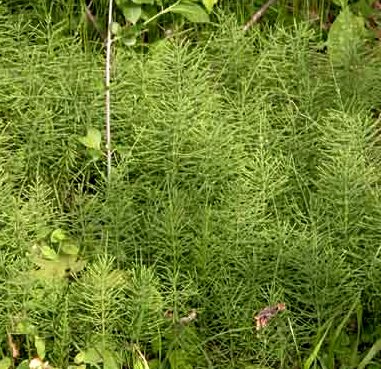
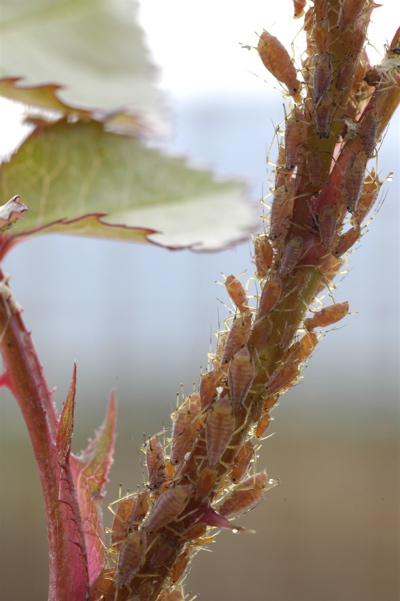
-Fern
It is very powerful as a repellent, and rejects the aphids when they come into contact with it.
Preparation: 10kg of plant (1kg if dried) in 100l of water. You must use the leaves. You must make a macerate of leaves, dilute it ten times, and pour it directly on plants in spring, to repel aphids.
-Nettle (Urtica dioica & Urtica urens)
The two species of nettle have both stimulating and insecticidal properties: these properties are primarily derived from the principle which lies on the stinging hairs on the leaves. The nettle preparations are commonly used to stimulate the plants' growth and for protection against parasites, against which it plays a repellent action and makes them desist from eating the leaves of the plant.
Preparation: 10kg of plant (2kg if dried) in 100l of water. You can prepare a macerate, for whose implementation it takes or two days or four days. The first (the macerate for two days) must not be diluted and should be distributed on the leaves, against aphids; this treatment is very effective if performed at the opening of the attack of pests.
The second compound (that of four days) should be added to the infusion of horsetail, this compound is diluted in water to 20% and used directly on plants for defense against aphids and red spider.
(I read that you can possibly add 1kg of sugar per 20l of water, and 1% Marseilles soap, as this improves the effectiveness of macerate, for healing purposes).
-Chilli (Capsicum annuum)
The seeds contain a substance that has a high deterrent power against aphids.
Preparation: 200g of powder in 100l of water. The powder is obtained precisely from the seeds and berries. In small doses, it should be applied directly on plants throughout the year, only once a week if the weather is dry, but also two or three times in case of rain or wet weather.
-Tomato (Lycopersicon esculentum)
It acts by contact against aphids and flies. It also has a deterrent effect and also prevents many types of pests and insects from devouring the leaves of the plants.
Preparation: 25/30kg in 100l of water. Use only the leaves or the whole plant, without roots, and before the formation of the fruits. You can prepare an extract to be paid, undiluted, directly on the plants, when you notice the presence of aphids or caterpillars or flies. You can also prepare a decoction in this way: 25 kg of leaves in 10l of water. The juice thus obtained is diluted in 90l cold water, the preparation thus obtained is poured directly on plants and is very useful against aphids and for the preservation of the leaves.
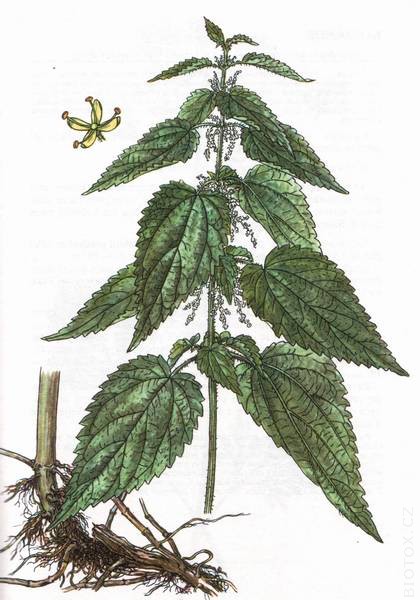
-Quassia wood (quassia amara, Picrosma excelsa, Picrosma quassoides etc.)
The active ingredient, which is extracted from the wood of these plants, is a powerful insecticide. It acts by contact and ingestion and have an action similar to the pyrethrum, but less effective and less persistent. It is less toxic than pyrethrum, is harmless to humans, pets and "util" insects (ladybugs, bees etc..), but the preparations of the quassia wood should not be used on fruit or plants with edible leaves, because the solution is very bitter. It is very powerful against aphids, scale insects etc..
Preparation: 2kg of quassia wood in 100l of water. It is often sold the sawdustof this wood, and then, in this case, the procedure is: leave the sawdust to soak in water for twenty-four hours, then bring to a boil on medium heat, and boil for about an hour. The mixture, cooled, is to be paid directly to the plants throughout the year, especially during the flowering of the plants.
-Ryania (Ryania speciosa)
It is a tropical shrub, very common in South America. You must use the stem, ground finely. Its ingredients work slowly but very effectively, by ingestion, on the young larvae of the parasites (unfortunately it does not destroy the eggs but only the larvae). I read that, currently, is considered the best insecticide against the pests of the apple tree. The active substance is quite stable and this allows longer intervals between one treatment and the other, compared to other insecticides (one full treatment every 5 to 10 days). Experimental investigations have however confirmed that the effectiveness of the product decreases proportionally with the increasing of the time interval between one treatment and the another. It is recommended the addition of a soap solution (2 kg per hectolitre of water). To prepare an infusion is needed: 400/600 grams in 100 liters of water (do not require soaking.) To ensure the effectiveness of the treatment, it is necessary to ensure a perfect coverage of the plant with the product, especially of the fruits during the period when the larvae emerge from eggs and there is the appearance of the first erosion on the surface of the fruit.
This substance is not toxic to plants, does not disturb the earthworms and has no side effects on either men or animals. It has a full and rapid degradability in the environment.
-Tansy
Formerly it enjoyed great consideration, this is evidenced by its etymology "Athanasia" which in greek means "immortality" . Its therapeutic properties have been always known, but its application in agriculture and gardening is more recent.
It has a repellent against moths, aphids and certain mites. In the past, the tansy, gathered in small bunches, was used to keep out the mices from the wheat stored in granaries.
Preparation: 3 kg of the plant (30 grams if dried) in 100 liters of water. You use the entire plant, rootless and without flowers, and must harvest it when its flowering occurs between July and September. You can make an infusion, which must be spread undiluted, directly on plants against aphids and ants. You can also prepare a decoction, to be paid, undiluted, directly on the plants. High doses and repeated treatments for a long time are not harmful to the plant nor to the useful insects.

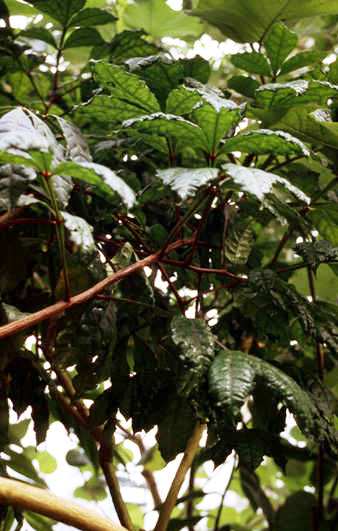
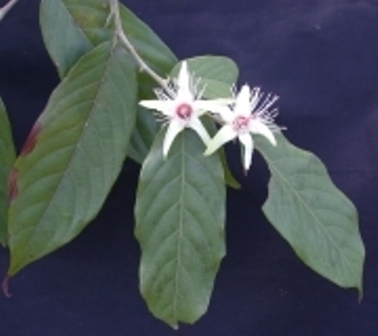
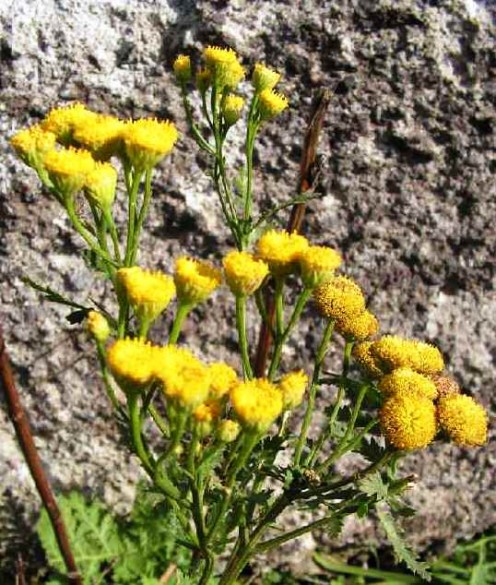
-Important Note: Only the decoction and infusion of horsetail are to be distributed under the sun, all other compounds must be sprayed during the coolest hours of the day, and preferably at sunset.
-Another important note: the chemical medication of the plants is easier to use and its effect can be considered more secure, but in the long run, their back harmful effect can not be ignored. Instead, these biological preparations are not sold on the market and should be prepared at home (as necessary, adjusted, according to the proportions, the amounts of herbs and water to be used) ; to ensure their highest effectiveness is necessary to act with great speed in order to capture the most favorable moment for the elimination of the parasites: in short, we must take great care and act in time. Furthermore, it should be noted that each preparation will be effective only if made from herbs gathered in the right manner and at the right time (late morning or full afternoon), in the right places and not contaminated, exposed to sunlight; above all, well dried and stored properly. It is certainly more complicated to use these preparations as compared to the simple use of chemicals products, but in that way you will not ever run the risk of harm the plants themselves that you want to heal, the beneficial insects (like the bees, whose progressive decrease is a warning signal) and other living species of the environment, be it a balcony, a garden, a vegetable garden or an entire cultivated field.

